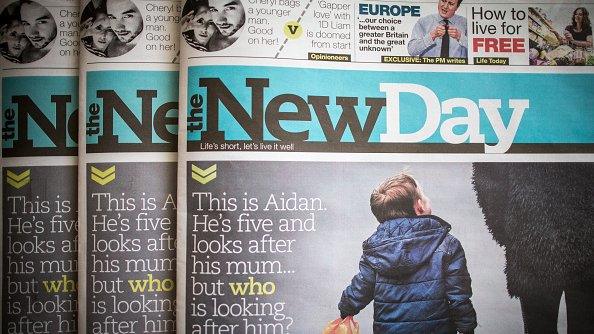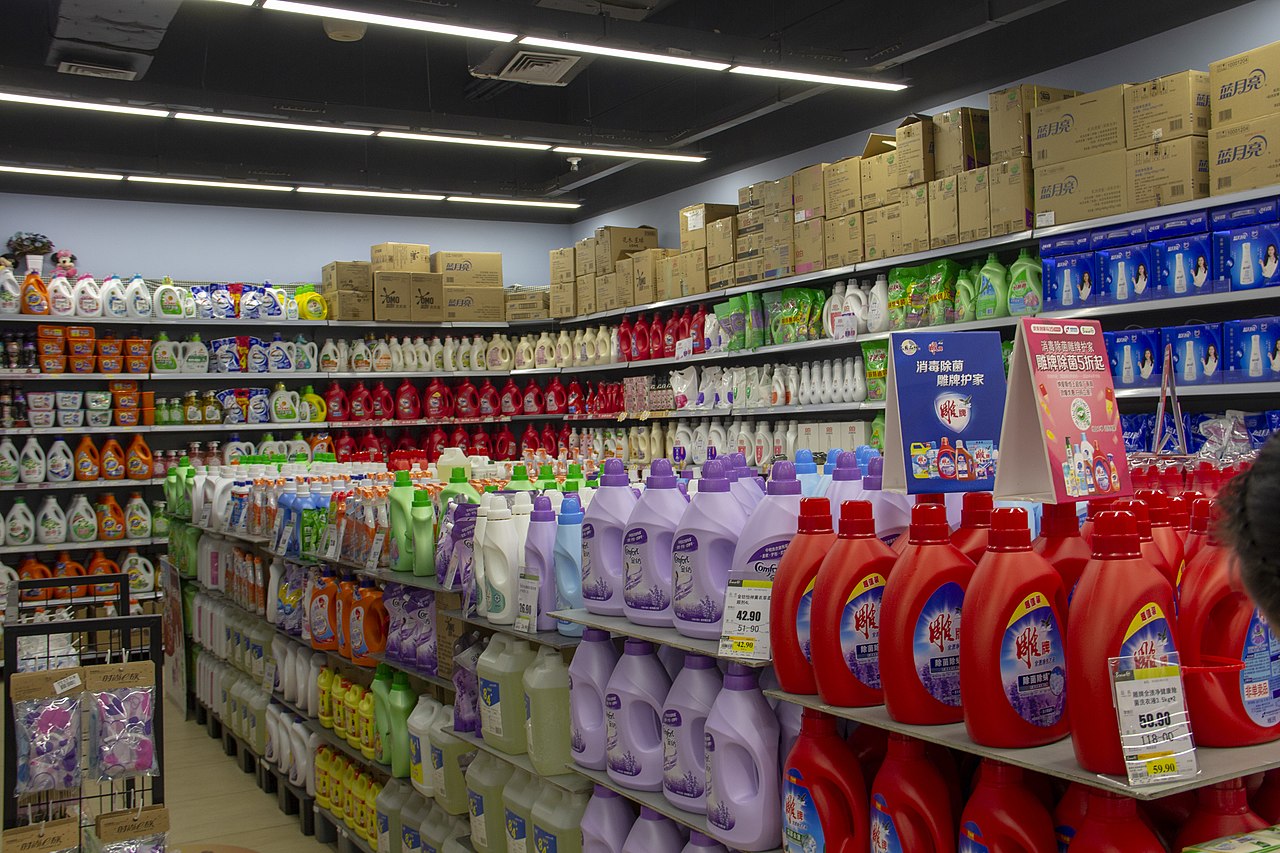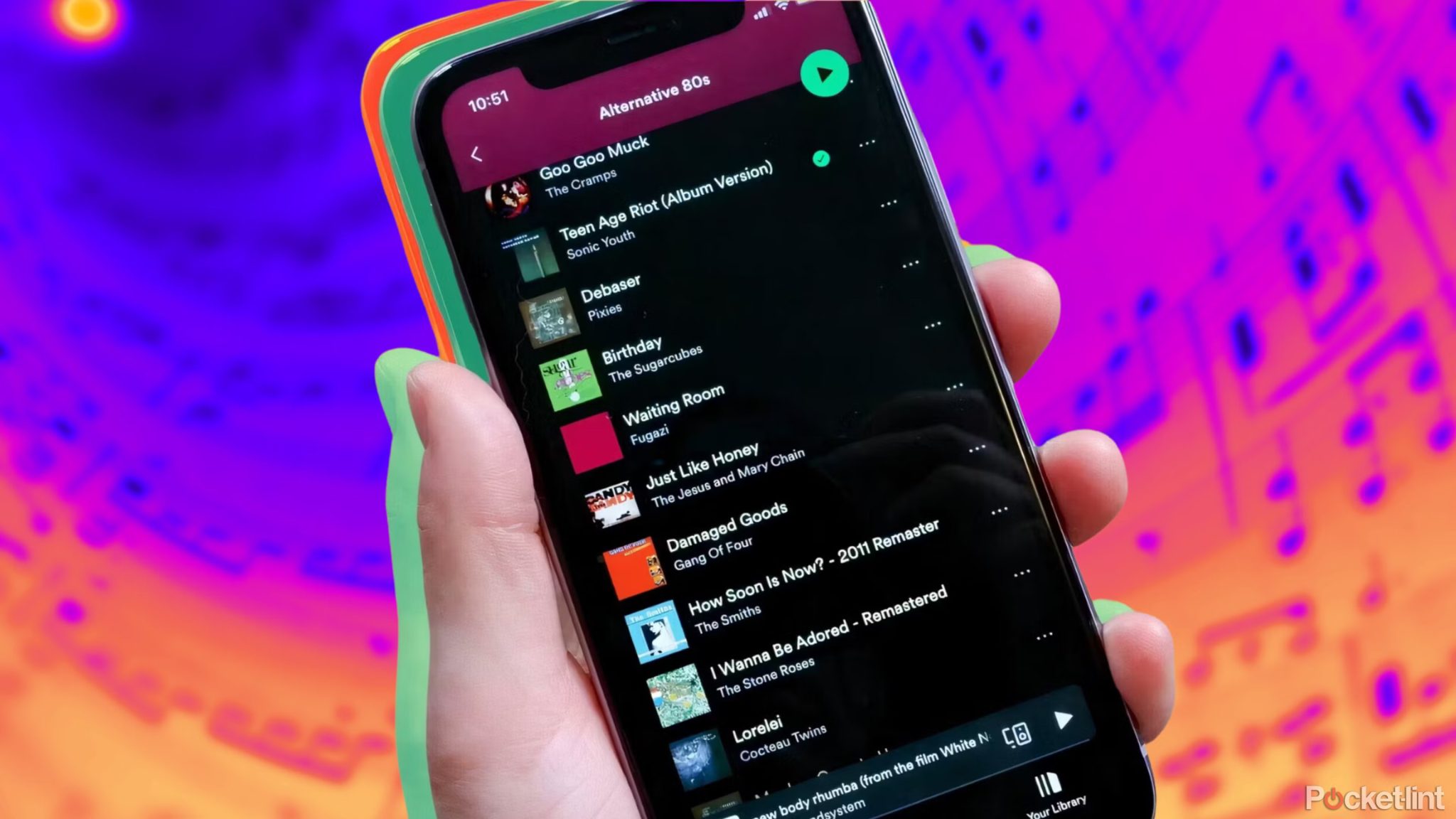Most people say they care about the environment, but that doesn’t mean they act on it. According to Ryanair CEO Michael O’Leary, just 1% of his airline’s passengers pay to offset their emissions. As he says, “people want low fare air travel, and people want somebody else to pay the environmental taxation.”
Say doesn’t equal do
Our actions reveal what we really feel.
When business travellers were asked which hotel facilities were most important in their choice of hotel, 70% said the gym. But in reality, only 17% use the gym when they stay.
In 2000, M&S’s ‘I’m normal’ campaign showed a size 16 woman – unconventionally – to celebrate clothes of all shapes and sizes. Focus groups participants said they loved it, but on air the ad tanked – soon to be replaced by a conventional fashion campaign with models like Twiggy.
On the dating site OK Cupid, men are magically 2 inches taller than they are according to medical records.
People like to think they have sophisticated taste in movies, but as Netflix chief executive Ted Sarandos puts it, “they just want a movie that they love.” Maestro, with its seven Oscar nominations, couldn’t get it into the top ten most-watched films on Netflix last Christmas: viewers preferred Zack Snyder’s space opera Rebel Moon and the arrival of the 1990 classic Pretty Woman on the service.
When Trinity Mirror media group asked consumers what they wanted in a new newspaper, they said content that was upbeat, optimistic and politically neutral. But when the group launched New Day – a newspaper that offered exactly that – readership was so low that the paper shut down within just 2 months.
The Physical Activity and Fitness Survey asks people how much exercise they do, and measures (with accelerometers) how much they actually do. Unsurprisingly, the two figures don’t match up.
68% of people saying they bought a laundry brand in the past 3 months didn’t buy it at all (according to panel data).
Comparing claimed Spotify usage vs actual usage, one quarter of those who to use it monthly did not use it at all.
People are a lot more negative about their spouses on Google search – where no one will see what they say.
In surveys, shoppers tend to say they visit most of the supermarket. But observational studies show that most cover a small fraction of it, and only 2% visit more than ¾ of the total area.











